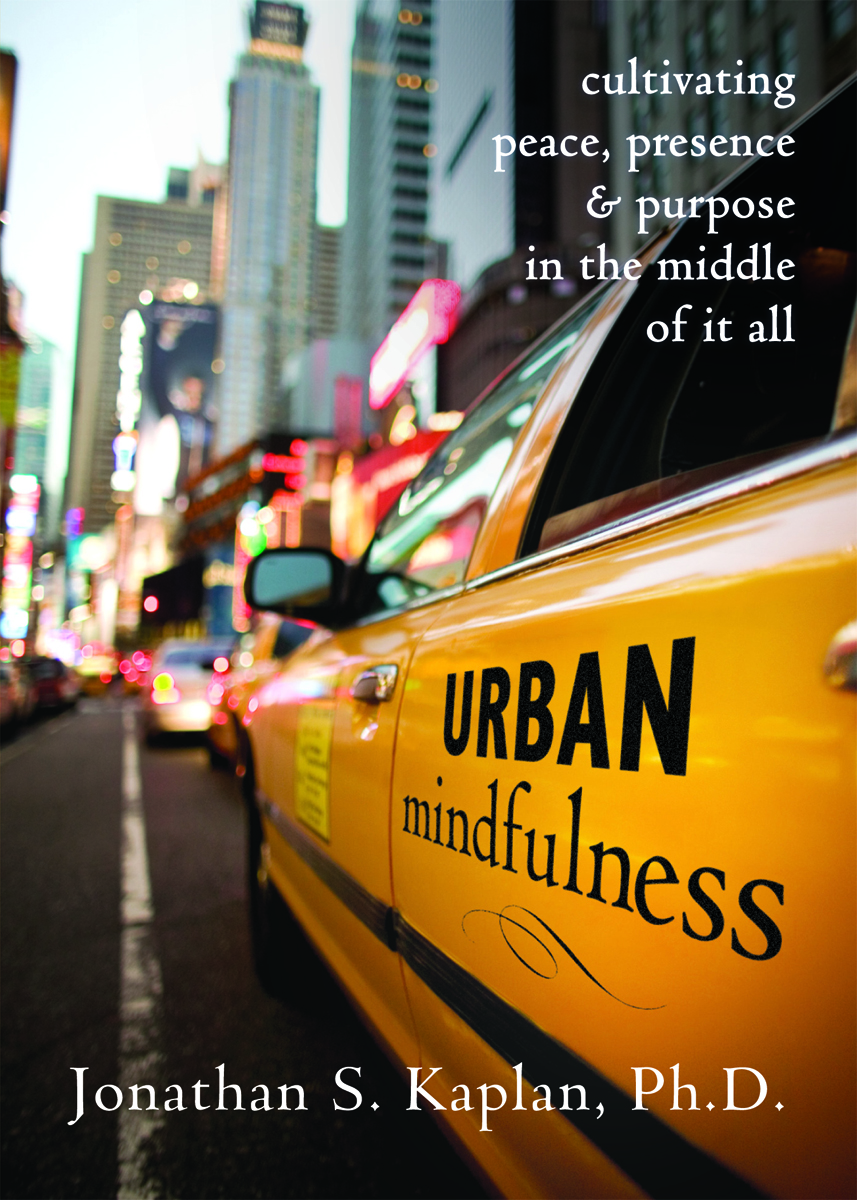Saturday
Nov152008
Launch date: Waiting for stuff, man
 Saturday, November 15, 2008 at 06:50PM
Saturday, November 15, 2008 at 06:50PM
By Jonathan Kaplan, Ph.D.
Leaving a subway stop earlier today in midtown, I noticed a line of people standing still on the stairs. Initially, I thought that these people waiting to exit the station, and in fact some departing subway passengers went straight to the end of the line. However, the exit seemed clear, so I kept going up the steps and emerged outside.
Soon, I realized that these people were waiting in line for something. The line snaked around the corner, so I wasn't sure what that "something" might be. A few possibilities ran through my mind: celebrity sighting, free crepes, or the chance to be an extra on "Law and Order." As I rounded the corner, I saw that people were waiting for a clothing store to open. In the window, a sign indicated that the store would open at 9 a.m. for the "launch date" of a familiar-sounding clothing designer.
My first reaction? To glance at my watch and consider whether or not I had enough time to wait in line for the store opening. Did I know this designer? No. Did I know what a "launch date" is? No. Did I need new clothes? No. Did I even like the clothes that I saw through the store window? No. Yet, my automatic programming was to check to see if I could wait 40 minutes in order to attend the "launch date". This process occurred almost instantly, without any conscious awareness or reflection. While it only took a few moments of my time, it profoundly demonstrated what has happened to me as I live in a hectic, “consume”-oriented environment.
Here in New York, we are constantly bombarded by information competing for our attention. Much of it can prompt us to think and react in particular ways, like my experience at the clothing store. Any one instance is not particularly earth-shattering or distressing. Yet, over time, we can feel a little like the ball in a pinball machine as we get bounced around mentally from place to place. We notice something, then react, then we notice something else and react, and so on. (Of course, what we notice might be our internal thoughts or private experiences, as opposed to something more external, like a huge puddle that we're about to step in.) The practice of mindfulness can provide some relief from this process. We notice sooner where our attention goes, and we notice its effect on our body, emotions, and behavior.
With reflection, we can change how we react.
With mindfulness practice, we can change that we react.
So, I invite you to explore the resources available on our website. Check out a local meditation sittings listed on our calendar (we endeavor to include ones that are not preachy or "guru-ish"). The present moment exists until we die. We can always check-in and notice our breathing, our thoughts, or the world around us. Why not start now?
Leaving a subway stop earlier today in midtown, I noticed a line of people standing still on the stairs. Initially, I thought that these people waiting to exit the station, and in fact some departing subway passengers went straight to the end of the line. However, the exit seemed clear, so I kept going up the steps and emerged outside.
Soon, I realized that these people were waiting in line for something. The line snaked around the corner, so I wasn't sure what that "something" might be. A few possibilities ran through my mind: celebrity sighting, free crepes, or the chance to be an extra on "Law and Order." As I rounded the corner, I saw that people were waiting for a clothing store to open. In the window, a sign indicated that the store would open at 9 a.m. for the "launch date" of a familiar-sounding clothing designer.
My first reaction? To glance at my watch and consider whether or not I had enough time to wait in line for the store opening. Did I know this designer? No. Did I know what a "launch date" is? No. Did I need new clothes? No. Did I even like the clothes that I saw through the store window? No. Yet, my automatic programming was to check to see if I could wait 40 minutes in order to attend the "launch date". This process occurred almost instantly, without any conscious awareness or reflection. While it only took a few moments of my time, it profoundly demonstrated what has happened to me as I live in a hectic, “consume”-oriented environment.
Here in New York, we are constantly bombarded by information competing for our attention. Much of it can prompt us to think and react in particular ways, like my experience at the clothing store. Any one instance is not particularly earth-shattering or distressing. Yet, over time, we can feel a little like the ball in a pinball machine as we get bounced around mentally from place to place. We notice something, then react, then we notice something else and react, and so on. (Of course, what we notice might be our internal thoughts or private experiences, as opposed to something more external, like a huge puddle that we're about to step in.) The practice of mindfulness can provide some relief from this process. We notice sooner where our attention goes, and we notice its effect on our body, emotions, and behavior.
With reflection, we can change how we react.
With mindfulness practice, we can change that we react.
So, I invite you to explore the resources available on our website. Check out a local meditation sittings listed on our calendar (we endeavor to include ones that are not preachy or "guru-ish"). The present moment exists until we die. We can always check-in and notice our breathing, our thoughts, or the world around us. Why not start now?



Reader Comments